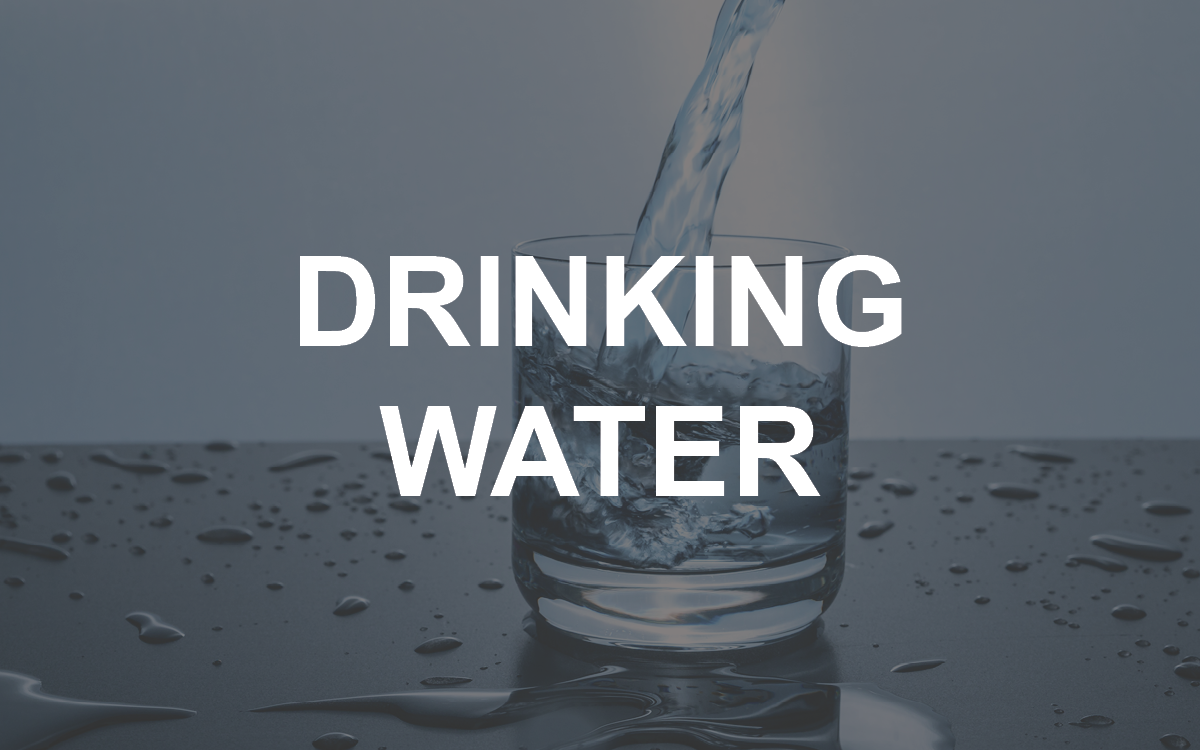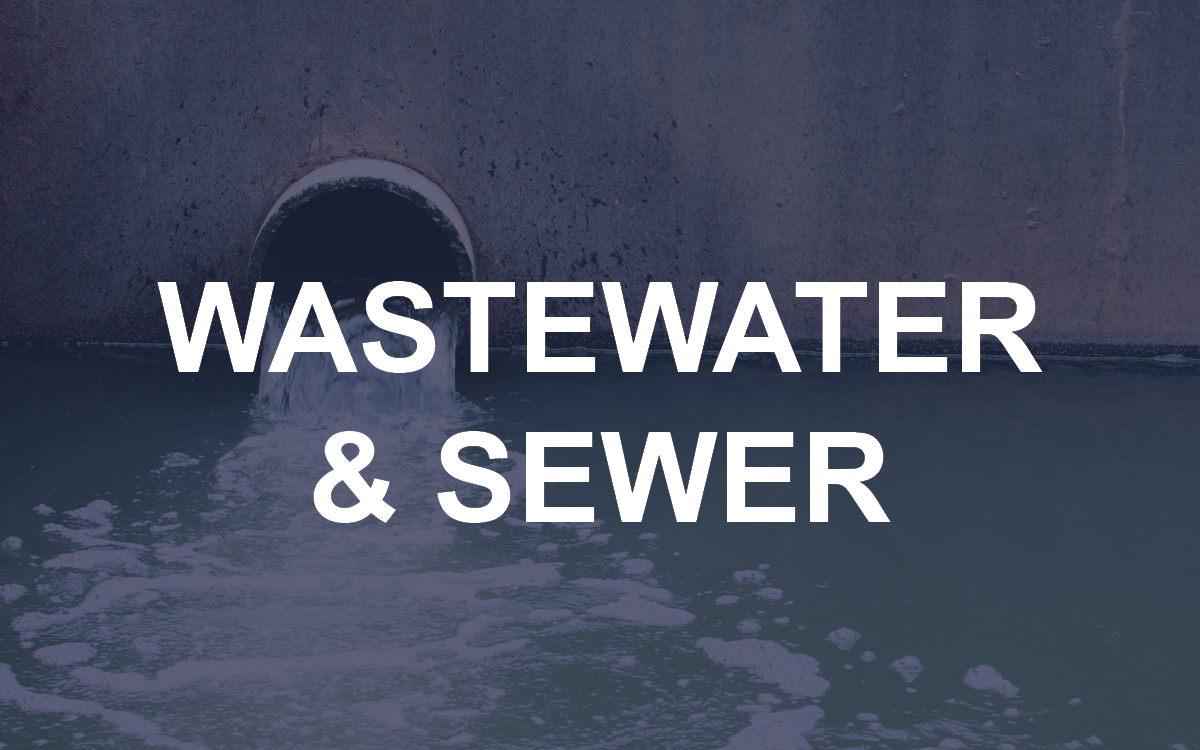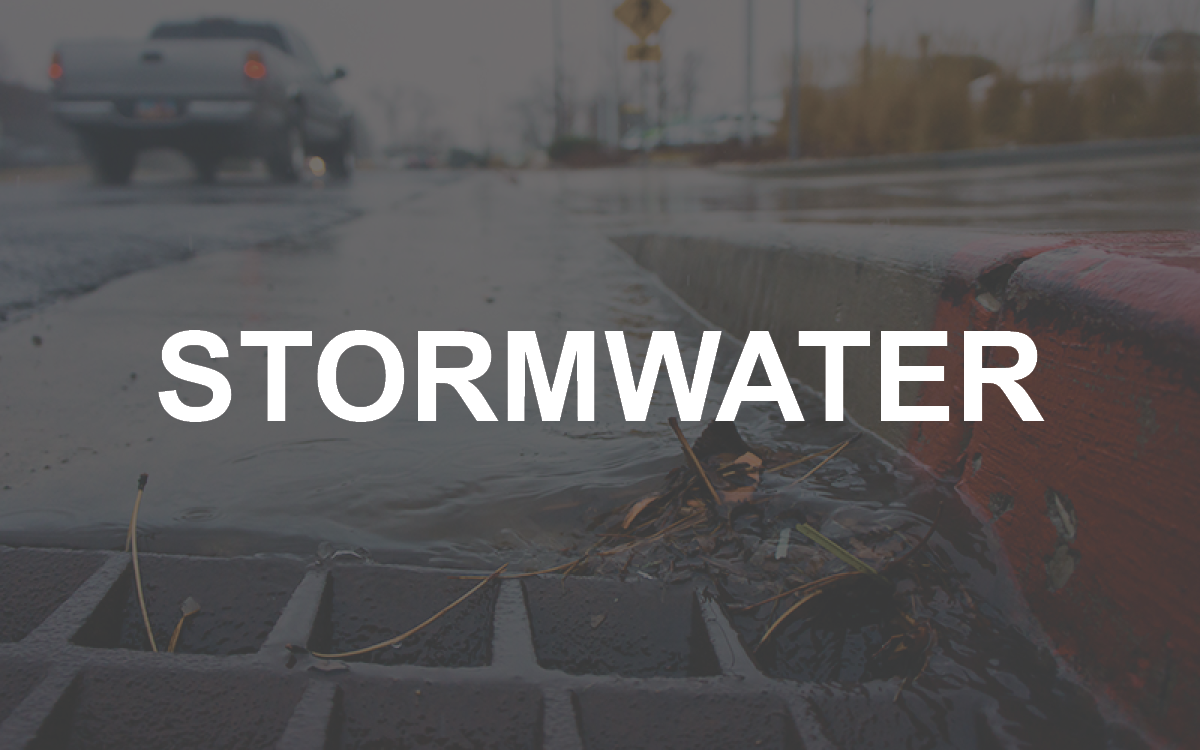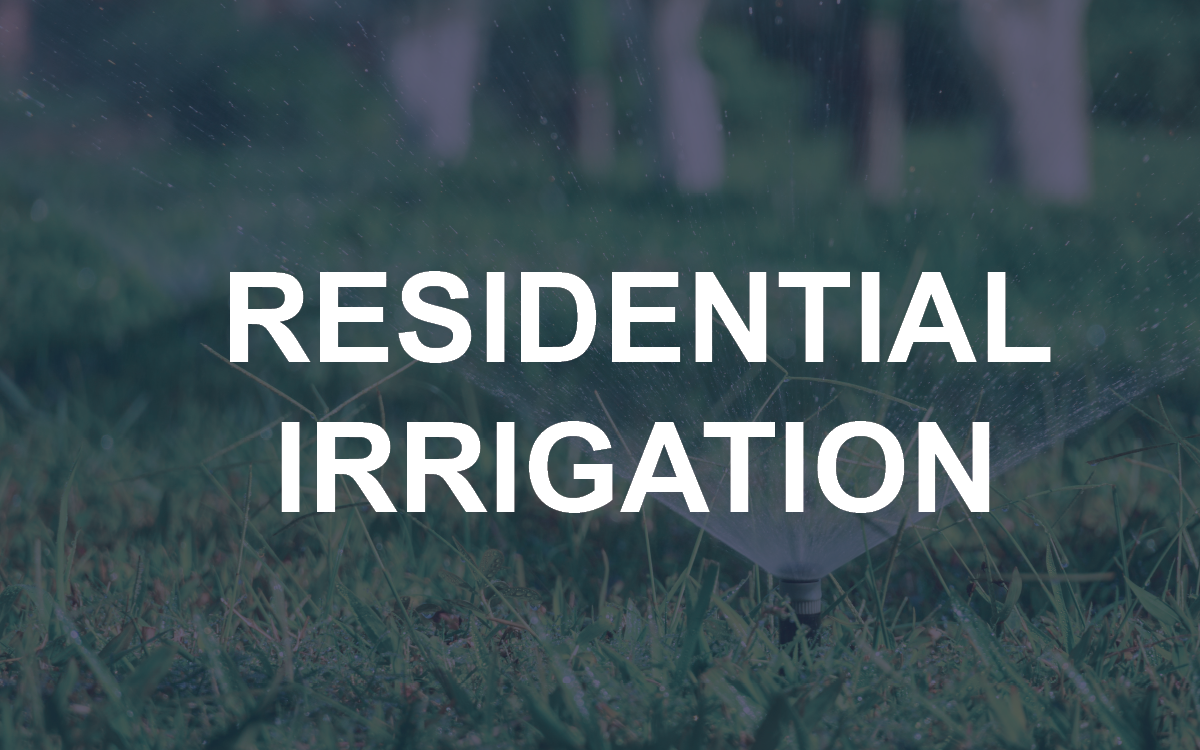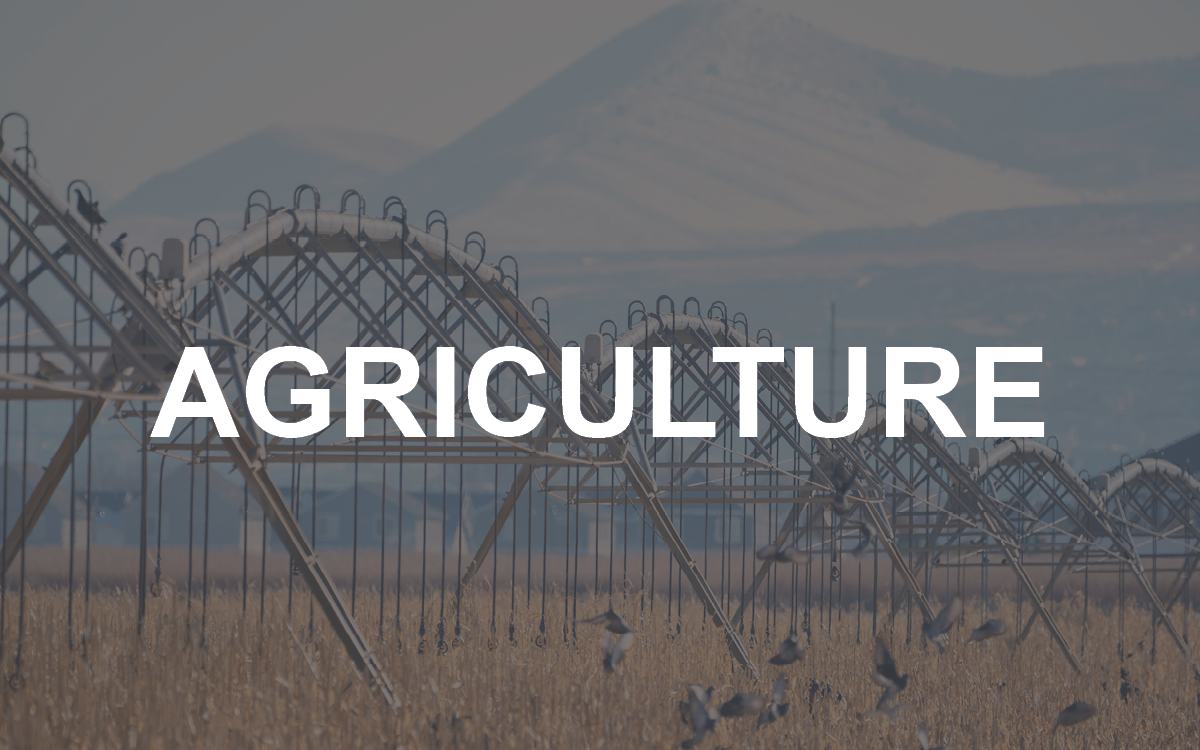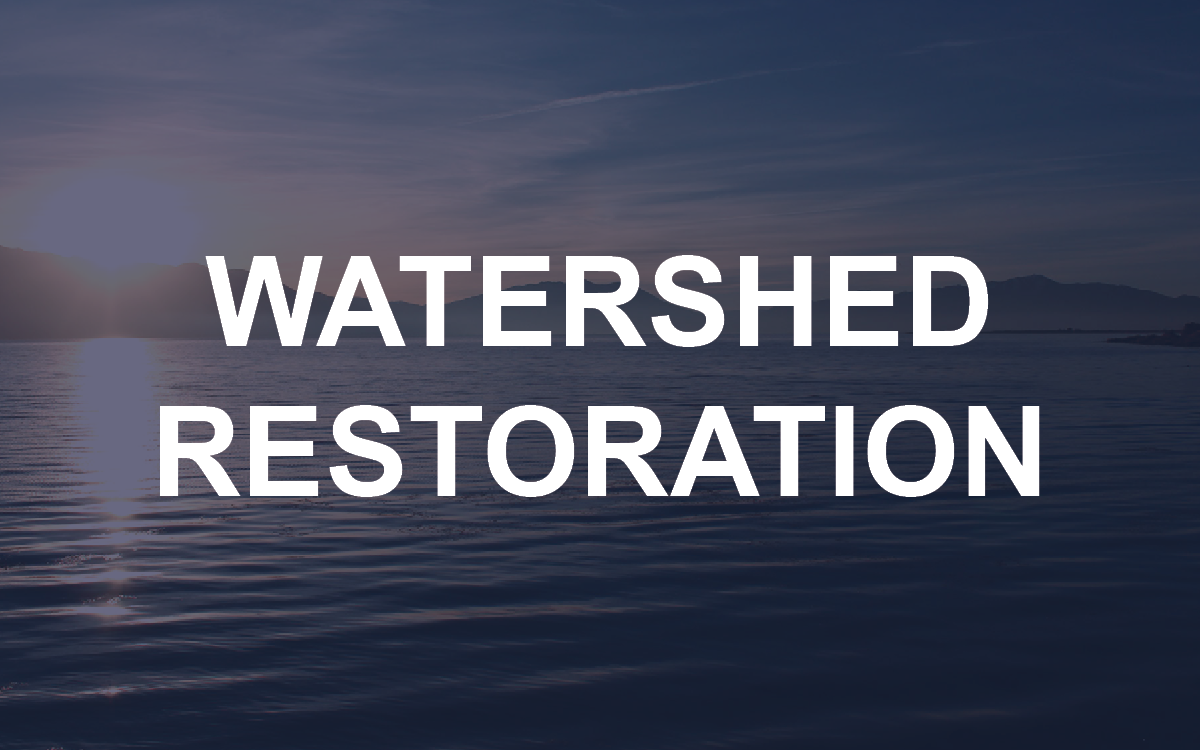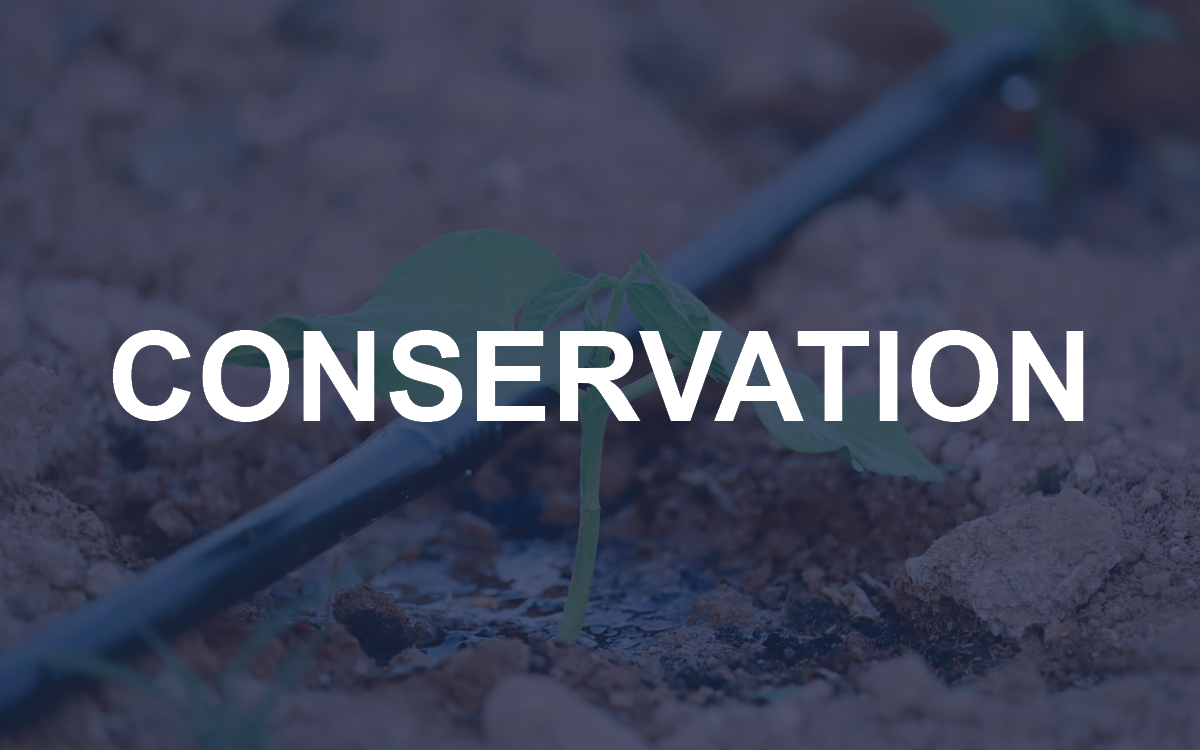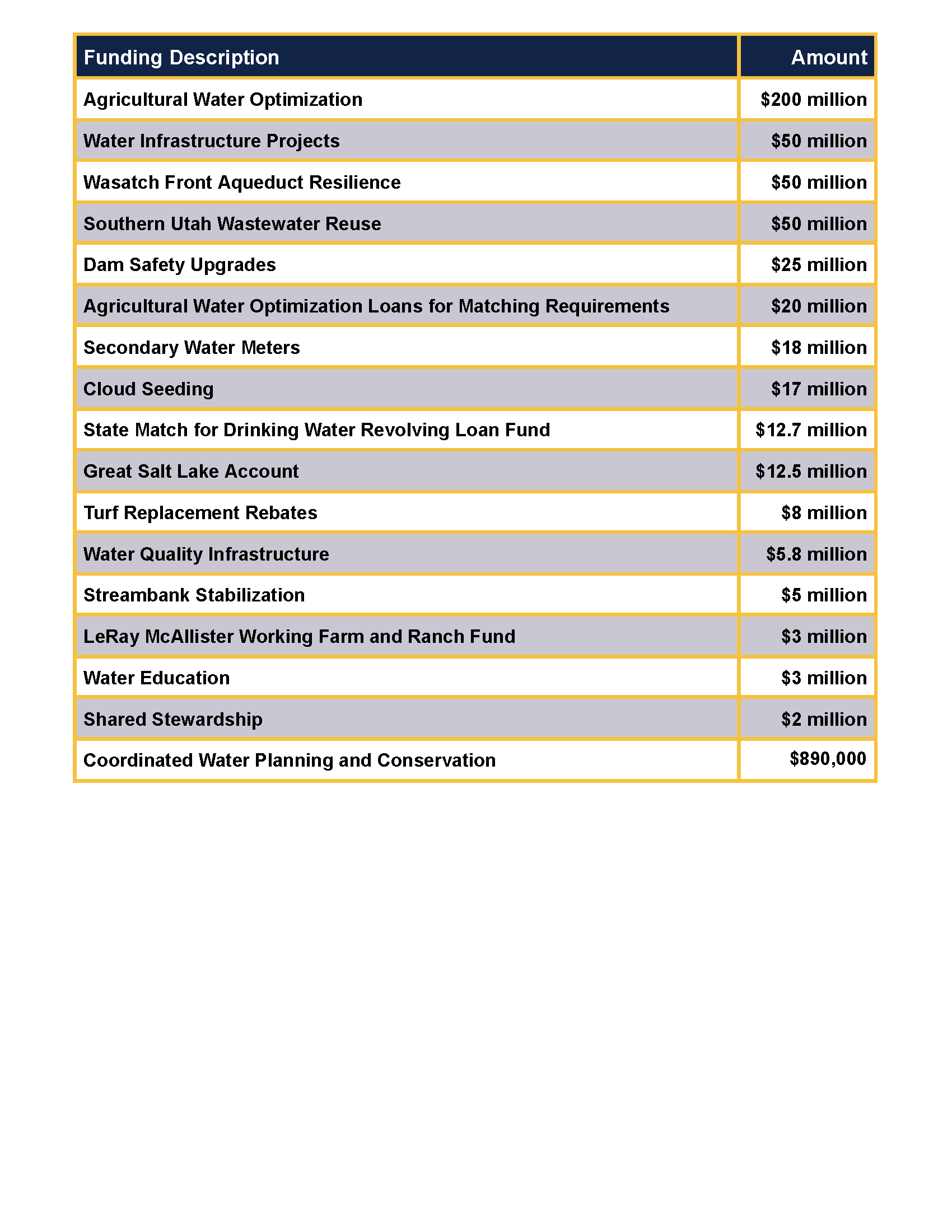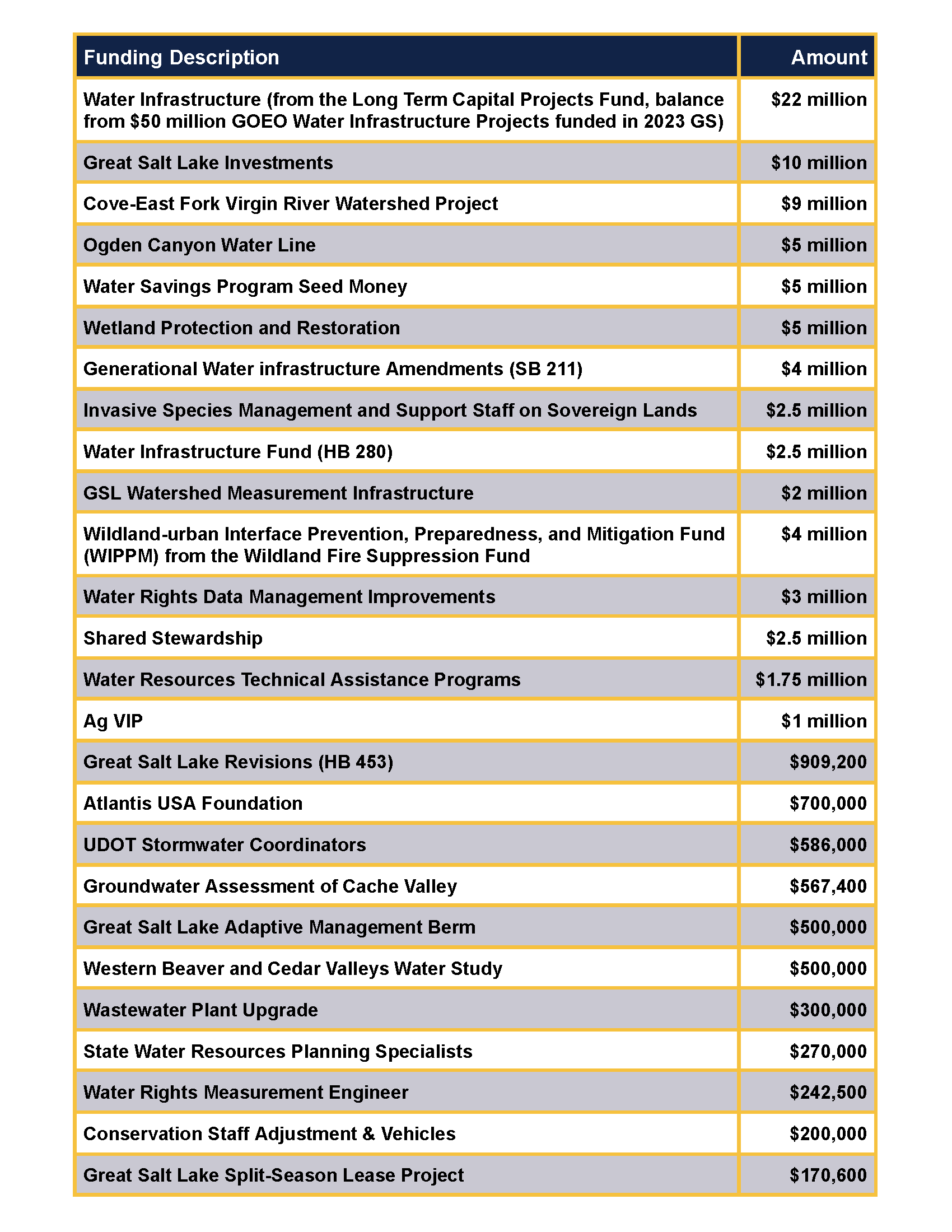Numerous state agencies offer programs to fund projects related to water around the state of Utah. This guidance aims to direct communities to the funding program(s) available to assist with their project. Each category and corresponding links below will help connect you with the staff managing the funding program. This page is managed through a collaborative effort between GOPB and the executive branch agencies who manage these funds.
Enacted Water Funding
DRINKING WATER
Drinking Water State Revolving Fund (DWSRF)
The DWSRF provides low-interest loans and grants for drinking infrastructure and associated engineering and planning to public and non-profit water systems in Utah. Disadvantaged communities that meet hardship criteria can apply for a grant or principal forgiveness.
- Federal State Revolving Fund (SRF) Program: Drinking Water | Utah Department of Environmental Quality
- State Revolving Fund (SRF): Drinking Water | Utah Department of Environmental Quality
Board of Water Resources
The Board’s Revolving Loan Funds provide low-interest loans to public water systems and non-profit community water systems for many types of projects, including culinary and municipal projects. Interest rates and repayment terms are based on the Board’s affordability guidelines and the project area’s Median Adjusted Gross Income (MAGI). Funding is not available for regular operation and maintenance, or where fewer than 50% of the residents live in the project area year-round, or for projects sponsored by developers, individuals or families.
Permanent Community Impact Board (CIB)
The CIB works to maximize the long-term benefit of funds from mineral lease revenues and bonus payments, with priority given to those communities designated as impacted by the development of natural resources covered by the Mineral Leasing Act. Political Subdivisions as defined in state statute may apply for this funding.
WASTEWATER AND SEWER
Water Quality Board - Clean Water State Revolving Fund (CWSRF)
The CWSRF provides low-interest loans and grants to any municipality, intermunicipal, interstate, or state agency for construction of publicly owned treatment works and associated engineering and planning. Disadvantaged communities that meet state affordability criteria can apply for a grant or principal forgiveness.
Permanent Community Impact Board (CIB)
The CIB works to maximize the long-term benefit of funds from mineral lease revenues and bonus payments, with priority given to those communities designated as impacted by the development of natural resources covered by the Mineral Leasing Act. Political Subdivisions as defined in state statute may apply for this funding.
STORMWATER
Water Quality Board - Clean Water State Revolving Fund (CWSRF)
The CWSRF provides low-interest loans and grants to any municipality, intermunicipal, interstate, or state agency for construction of publicly owned treatment works and associated engineering and planning. Disadvantaged communities that meet state affordability criteria can apply for a grant or principal forgiveness.
Board of Water Resources
RESIDENTIAL IRRIGATION (SECONDARY WATER)
Board of Water Resources
The Board’s Revolving Loan Funds provide low-interest loans to incorporated groups, such as mutual irrigation and water companies, municipalities, and other entities for many types of projects, including flood control projects. Interest rates and repayment terms are based on the Board’s affordability guidelines and the project area’s Median Adjusted Gross Income (MAGI). Funding is not available for regular operation and maintenance, or where fewer than 50% of the residents live in the project area year-round, or for projects sponsored by developers, individuals or families.
Secondary Meter Grants
Secondary Meter Grants are available for secondary water suppliers who provide water to end users in a pressurized system. Grants for up to 70% of project costs are available to install meters on existing secondary connections. Funding is not available for individuals or families, and does not apply to agriculture.
AGRICULTURE
Agriculture Water Optimization Grant Program
The Agriculture Water Optimization Grant Program provides grant funding to agricultural producers, irrigation companies, and water conservancy districts for projects focusing on optimizing irrigation water management through the implementation of more efficient practices on agricultural fields, as well as improvements to conveyance structures to minimize water loss.
The Agriculture Resource and Development Loan Program (ARDL)
The ARDL program provides low-interest rate loans to agricultural producers, irrigation companies, and water conservancy districts for a wide variety of conservation projects. Loan applications for on farm equipment projects and irrigation improvement projects are common types of applications received for this program. ARDL Loans can be used to match Water Optimization Grants.
Board of Water Resources
The Board’s Revolving Loan Funds provide low-interest loans to incorporated groups, such as mutual irrigation and water companies, municipalities, and other entities for many types of projects, including flood control projects. Interest rates and repayment terms are based on the Board’s affordability guidelines and the project area’s Median Adjusted Gross Income (MAGI). Funding is not available for regular operation and maintenance, or where fewer than 50% of the residents live in the project area year-round, or for projects sponsored by developers, individuals or families.
Water Quality Board - Nonpoint Source Program
Utah’s Nonpoint Source program is focused on improving water quality with an emphasis on impaired waterbodies through a voluntary and incentive-based approach. Financial assistance is offered to agricultural producers, water companies, individuals, nonprofit organizations, state and federal agencies, local governments, educational institutions to implement watershed-scale projects, including on-the-ground water quality improvement projects, watershed planning, and information and education campaigns. The program is guided by the development of local watershed-based planning and the Statewide Nonpoint Source Management Plan.
Agricultural Voluntary Incentive Program (Ag VIP)
The goal of the Ag VIP program is to help producers implement practices that can increase crop yields, improve soil health, and add value to operations, while improving water quality. The program helps farming operations develop Comprehensive Nutrient Management Plans (CNMPs) that will help producers maximize crop yields while staying in compliance with state water quality regulations.
WATERSHED AND ENVIRONMENTAL RESTORATION
Water Quality Board - Nonpoint Source Program
Utah’s Nonpoint Source program is focused on improving water quality with an emphasis on impaired waterbodies through a voluntary and incentive-based approach. Financial assistance is offered to agricultural producers, water companies, individuals, nonprofit organizations, state and federal agencies, local governments, educational institutions to implement watershed-scale projects, including on-the-ground water quality improvement projects, watershed planning, and information and education campaigns. The program is guided by the development of local watershed-based planning and the Statewide Nonpoint Source Management Plan.
CONSERVATION AND SUSTAINABILITY
Water Quality Board - Clean Water State Revolving Fund (CWSRF)
The CWSRF provides low-interest loans and grants to any municipality, intermunicipal, interstate, or state agency for construction of publicly owned treatment works and associated engineering and planning. Disadvantaged communities that meet state affordability criteria can apply for a grant or principal forgiveness.
Board of Water Resources
The Board’s Revolving Loan Funds provide low-interest loans to incorporated groups, such as mutual irrigation and water companies, municipalities, and other entities for many types of projects, including flood control projects. Interest rates and repayment terms are based on the Board’s affordability guidelines and the project area’s Median Adjusted Gross Income (MAGI). Funding is not available for regular operation and maintenance, or where fewer than 50% of the residents live in the project area year-round, or for projects sponsored by developers, individuals or families.

